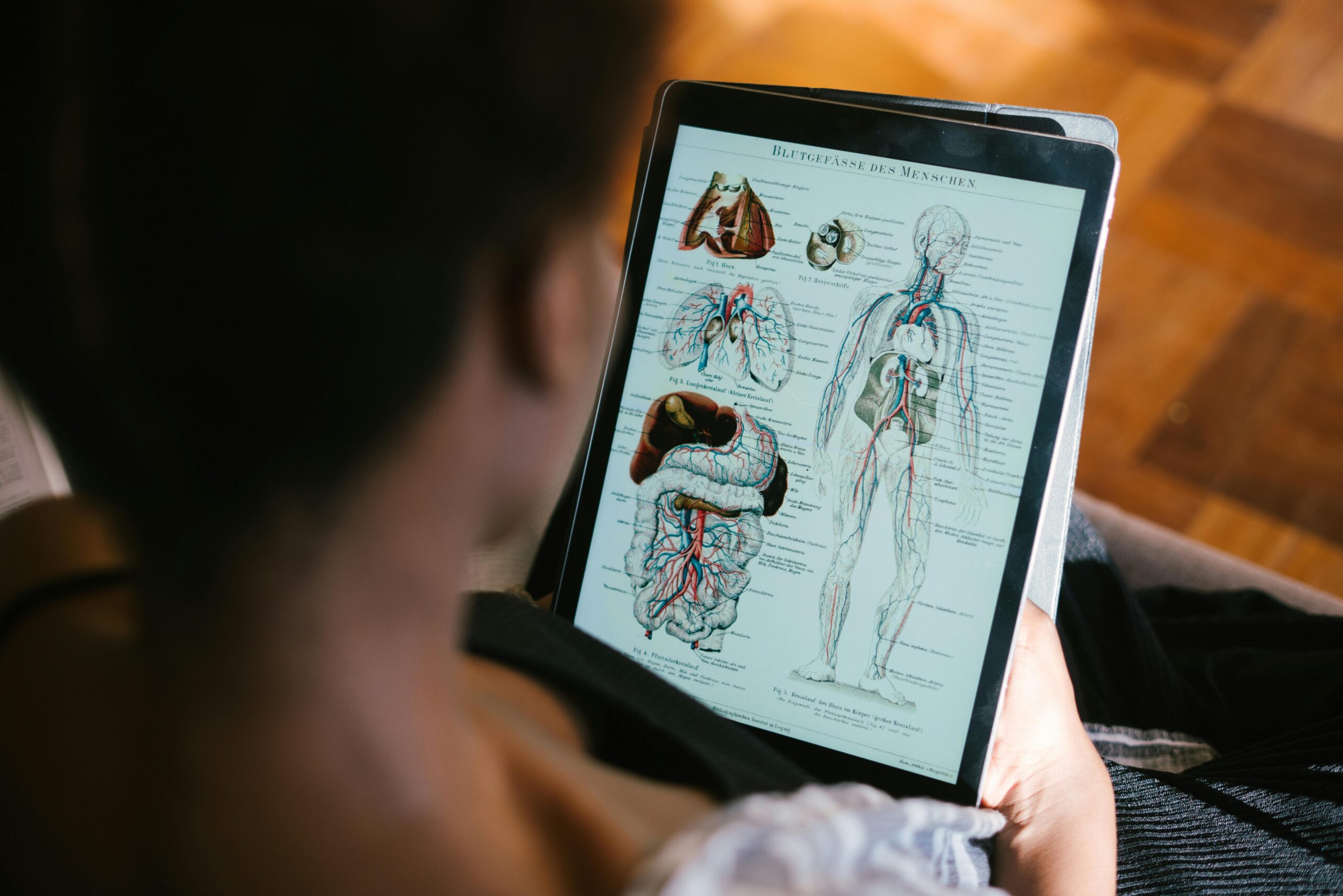
The Physician Associate (PA) course is one of the most intense and rewarding programmes in UK healthcare education. With its fast-paced, medical-model training, it’s no surprise that students often feel overwhelmed. Between lectures, clinical placements, OSCEs, and national exams, it can be hard to know where to begin — let alone how to revise effectively.
If you’re a current PA student (or planning to become one), this guide will give you the best tips for success — plus show you how our Physician Associate Revision website can help you stay ahead.
🎯Understand the Structure of the Course
Before you dive into revision, it’s important to understand how the PA course is structured. Though it varies slightly by university, most PA courses are split into:
Year 1: Intense classroom-based learning (anatomy, physiology, clinical medicine, pharmacology)
Year 2: Full-time clinical placements (GP, emergency medicine, surgery, psychiatry, paediatrics, and more)
National Exams: OSCEs and a written MCQ exam at the end of year 2
The key is learning a lot in a short time. So how do you stay on top of it all?

📚Top Study Tips for PA Students
1. Start Early, Stay Consistent
Trying to cram weeks of learning into a few days before exams won’t work — and will increase your stress. Instead:
Create a realistic study timetable from day one
Break your subjects down into weekly goals (e.g., “This week: Respiratory diseases + OSCE practice”)
Use spaced repetition (apps like Anki are great for flashcards)
2. Use Clinical Cases to Learn
The PA role is highly clinical. Learning in context helps information stick.
Read about real-life scenarios
Ask yourself: “What would I do as a PA here?”
Use our website’s clinical scenario MCQs and case-based OSCE stations to test your application of knowledge
🧠 Pro Tip: Start practising clinical reasoning from day one — this is key for both OSCEs and your future career.
3. Mix Up Your Study Methods
Avoid passive reading. Instead, combine:
Flashcards (for pharmacology, anatomy, red flags)
Mind maps (for systems-based conditions)
Practice questions (to test yourself under pressure)
Peer teaching (explain a topic to a friend or coursemate)
Our website offers hundreds of Physician Associate-specific MCQs, flashcards and more pending. All mapped to the National PA Curriculum — perfect for active learning.
4. Practice for the OSCE from Early On
Many students wait too long to prepare for the Objective Structured Clinical Examination (OSCE). This is a big mistake.
Start practising communication, history taking, and examinations early in the course. Use:
Role-play with peers
Videos and mark schemes
Our bank of OSCE checklists and mock stations tailored to the PA national exam format
You’ll be surprised how much more confident you feel when the real thing comes around.
5. Stay Up-to-Date with Guidelines
PA students are expected to be familiar with NICE guidelines, BNF prescribing principles, and local NHS pathways.
To stay updated:
Bookmark relevant NICE CKS pages
Review guidelines linked to our clinical cases and explanations
Follow current topics like antimicrobial stewardship or referral criteria
Every MCQ and case on our website is evidence-based and up to date with UK practice — so you’re always revising the right material.

🧑⚕️ Your Go-To Resource: PAWIZ
We’ve designed our Physician Associate Revision platform specifically for PA students in the UK.
Here’s how it helps you succeed:
| Feature | Benefit |
|---|---|
| 🧠 MCQ Bank | Hundreds of clinical questions aligned to the PA curriculum |
| 📄Flashcards | Hundreds of flashcards to help you remember key facts for your exams |
| 📄 Concise Notes | High-yield summaries to save you time (Pending) |
| 🧪 Clinical Skills Guides | Step-by-step OSCE exams and interpretation guides (Pending) |
| 📊 Mock exams | See what topics you’ve mastered (and what needs work) (Pending) |
➡️ Whether you’re in lectures, on placement, or weeks away from exams, the website is your 24/7 revision companion.
🧘♀️Don’t Forget Your Wellbeing
Studying hard is important — but so is looking after yourself. Burnout is common in the PA course, so remember to:
Take regular breaks
Exercise or walk daily
Stay connected with friends and family
Ask for help if you’re struggling (from tutors or wellbeing teams)
You can’t pour from an empty cup.

✅Final Thoughts: Success Comes with Strategy
The PA course is tough — but with the right study strategies and a trusted resource like our revision platform, it’s absolutely manageable.
Start early, practise consistently, and test yourself often.
🎓 Whether you’re in year one or about to sit your national exams, we’re here to support you every step of the way.
🔗 Ready to Level Up Your Revision?
Join hundreds of other PA students across the UK already using our platform.
👉 Explore our Physician Associate resources now
🔍 pawiz.co.uk
Stay organised. Stay confident. Study smarter — not harder.
